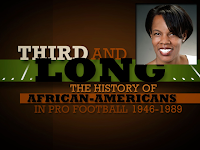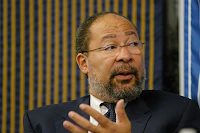Apple's Stash of Cash: What to Do With It

Time to Reward Shareholders? Anyone who pays attention to the financials of Apple, Inc. or anyone who follows its stock and analyzes it knows Apple has a history of hoarding cash. Its former CEO Steve Jobs wouldn't have it any other way. From the time he returned as CEO in the late 1990s until his death last year, he refused to allow Apple to pay a dividend or repurchase stock. He and Apple had suffered through tough times in the early days of his return, and he had haunting memories of getting caught in a financial nightmare, being strapped for cash. He, too, endured financial setbacks with his early-1990s venture, NeXT, and was forced to inject new cash capital from his pocket to keep the failing business afloat. So over the next decade after his return, Apple created all the gorgeous i-Products the world knows about, attracted a cult-like following of consumers, and generated cash--over $10 billion in cash reserves or over $20 billion in liquid securities, over $30 billion in


